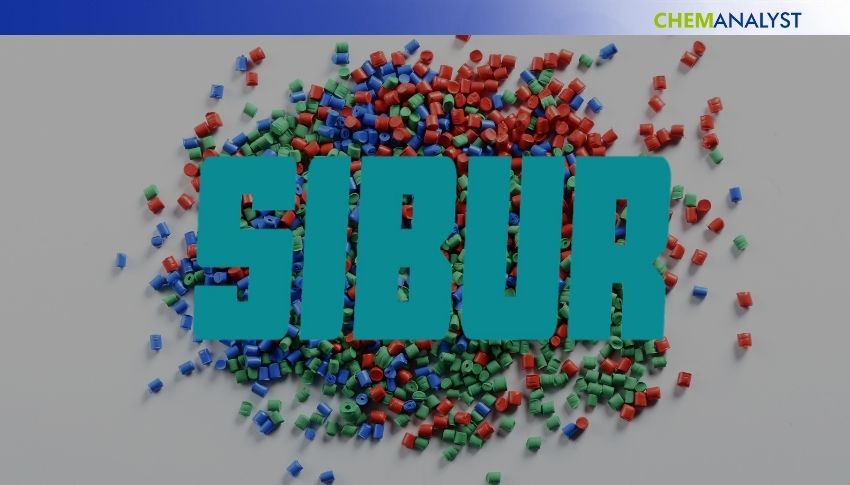Welcome To ChemAnalyst

SIBUR unveils high-performance polyphthalamide at Innoprom, advancing Russia’s superplastic capabilities for automotive, packaging, and industrial applications.
At the prestigious Innoprom industrial exhibition held in Yekaterinburg, Russian petrochemical giant SIBUR unveiled its latest breakthrough in advanced materials—an innovative super-structural plastic known as polyphthalamide (PPA). Developed through SIBUR’s proprietary technology and extensive in-house research, this high-performance polymer marks a significant advancement in the company’s scientific contributions to the polymer industry. The new PPA was a highlight of SIBUR’s display, which featured a range of cutting-edge materials created by the company’s research and development centers.
Polyphthalamide is classified as a super-structural plastic and is recognized for its superior mechanical strength, excellent thermal stability, and resistance to aggressive environmental conditions. One of its most notable attributes is its high barrier resistance, particularly against moisture, fats, and temperature variations. These properties make PPA especially suitable for use in packaging films, particularly in sensitive applications such as the food and pharmaceutical industries, where reliability and safety are paramount.
Beyond packaging, polyphthalamide excels in its resistance to chemical exposure from oils, fuels, antifreezes, and saline solutions. This enables it to perform exceptionally well in harsh environments, making it ideal for manufacturing components in automotive engine compartments. Applications include thermostat housings, fuel lines, and cooling systems, where durability and resistance to chemicals are crucial. Moreover, it can be used in electrical systems to produce components like connectors, coils, and insulators. The material also lends itself to use in demanding industrial applications such as pumps, compressors, and precision fittings, where high mechanical strength and chemical resistance are required.
In addition to PPA, SIBUR’s exhibition featured a lineup of other high-performance polymers currently in development. These include polyether ketone ketone (PEKK), polyaryl sulfones (including PSU, PPSU, and PESU), and polyphenylene sulfide (PPS). These materials belong to the category of super-engineering plastics, which sit at the top of the polymer performance hierarchy. Unlike basic polymers such as polyethylene and polypropylene, which are common and widely used, or mid-tier engineering plastics like polyamide and polycarbonate, super-structural plastics deliver exceptional performance in high-stress, high-temperature, and chemically aggressive environments.
A notable advantage of these advanced materials is their lightweight nature. Components made from super-structural plastics are typically 40–50% lighter than their metal counterparts, such as aluminum and titanium, while still maintaining superior mechanical strength and thermal resistance. This makes them highly attractive for industries seeking to reduce weight without compromising on performance.
Currently, Russia does not have large-scale industrial production facilities for these high-grade polymers. However, SIBUR is actively working to change that. The company has begun producing trial batches of PEKK at pilot-scale facilities, a step toward commercial production and self-sufficiency in critical material sectors.
SIBUR’s strategic focus on developing new synthetic polymers, along with proprietary catalysts and additives to enhance material properties, plays a key role in supporting Russia’s broader “New Materials and Chemistry” national initiative. Through these innovations, SIBUR aims to reinforce the country’s technological independence and leadership across a range of strategic industries, from automotive and construction to healthcare, consumer goods, and packaging.
We use cookies to deliver the best possible experience on our website. To learn more, visit our Privacy Policy. By continuing to use this site or by closing this box, you consent to our use of cookies. More info.
